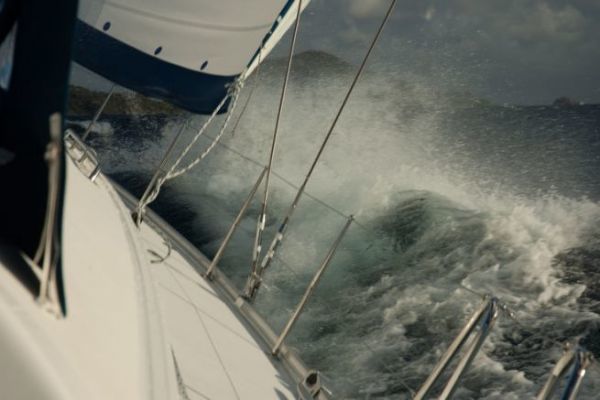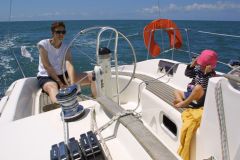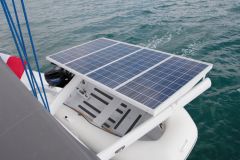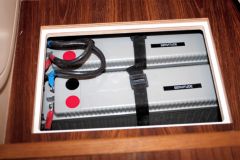The big cruise is freedom. But with this freedom comes an administrative framework that must not be overlooked. Each country imposes its own rules for the entry and exit of ships: declarations to port authorities, crew checks, navigation permits, limitations on length of stay... Good administrative preparation will help you avoid hassles and wasted time, and above all, make the most of your trip.
Anticipating entry and exit formalities
Each country has its own requirements, and procedures can vary considerably. Before arriving in a new destination, check with local authorities, embassies or sailor forums.
- Check-in and check-out (the famous "clearance"): Most countries require a declaration of arrival and departure to immigration and customs authorities. This may include a check of the boat and its inventory (alcohol, tobacco, food, pets, weapons on board).
- Visas and cruising permits: Some countries require specific visas for crew, while others require a cruising permit, as in the Galapagos or French Polynesia. It can take a long time to obtain one, so it's best to plan ahead.
- Taxes and shipping costs: In some regions, such as Central America or the Caribbean, entry and stay fees can be high.
Protecting your documents: digital to the rescue
A lost passport or navigation permit can quickly complicate a trip. A few essential precautions:
- Scan all your official documents and store them on multiple media (USB stick, secure cloud, email).
- Keep several hard copies, as some ports still require printed documents.
- Keep a clear and up-to-date logbook, including stopovers, crew movements and any interaction with the authorities.
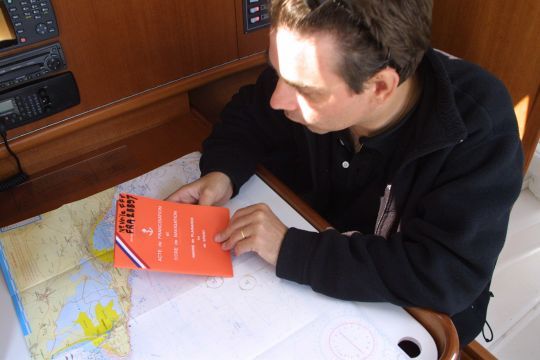
Preparing for local inspections and regulations
In some regions, boat inspections are systematic. A few rules to know:
- Sanitary restrictions: Some countries prohibit the entry of fresh produce, plants or animals (e.g. Australia and New Zealand).
- Environmental standards: Anchorages may be regulated, and the use of marine toilets restricted in protected areas.
- Safety equipment: Some countries impose a specific list of equipment on board (life raft, VHF, distress flares).
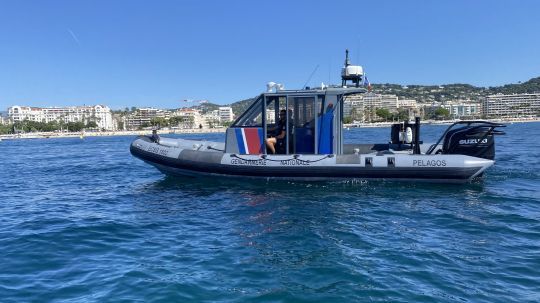
Managing change and payments in transit
Card payments are not always accepted, and cash withdrawals can be complicated.
- Bring local currency in cash for port taxes and tips (baksheesh).
- Have several means of payment on hand: international credit card, prepaid card and a little cash in dollars or euros.
- Check bank charges: some banks charge high commissions on foreign transactions.
Check health and insurance obligations
- Vaccinations and medical certificates: Some countries require specific vaccinations, such as yellow fever. Check the recommendations of the WHO or the French Ministry of Foreign Affairs.
- Health and repatriation insurance: Health and accident cover adapted to your navigation needs is essential.
Manage remote communications and administrative follow-up
- Emergency numbers and useful contacts: embassies, maritime authorities, French-speaking doctors... It's best to have them to hand.
- Local SIM card or eSIM: Avoid roaming charges and stay in touch on your stopover.
- Powers of attorney and bank management: A bank or notary's power of attorney can be useful if you have to deal with formalities in France during your trip.
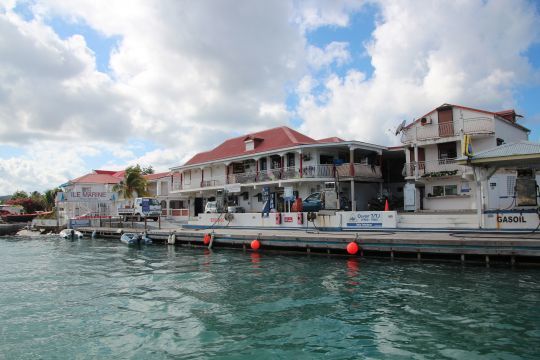
Anticipate formalities for the boat itself
- Up-to-date boat documents: registration, navigation license, insurance and equipment certificates must all be valid. Some countries require specific documents (such as the Cruising Permit in the U.S.).
- Reserving marinas and mooring permits: In some places, such as the Galapagos, the Balearic Islands or certain marine nature parks, prior authorization is required.
Plan B for unforeseen administrative issues
- Alternative ports in case of refusal of entry: Having a fallback solution can avoid unpleasant surprises.
- Contacts with the browser community: Browser forums and networks are a goldmine for up-to-date information.
- Regulatory watch: Rules are constantly evolving, so it's best to keep abreast of maritime developments to avoid being caught unawares.
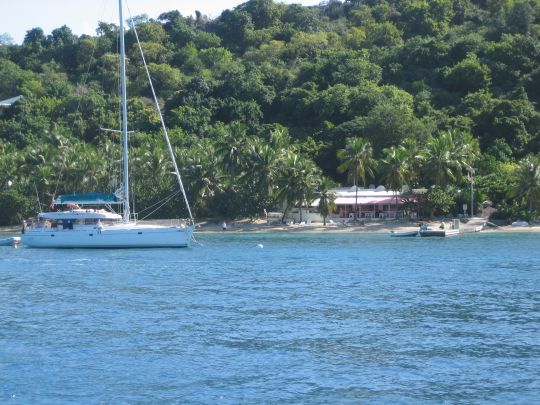
Preparing your administrative formalities means smoother, stress-free sailing. A well-informed sailor anticipates, informs himself and always stays one step ahead of the formalities to be completed. After all, as Edward Gibbon wrote: "Preparation is the key to success An invaluable key to opening the gates of the great cruise with complete peace of mind.

 /
/ 